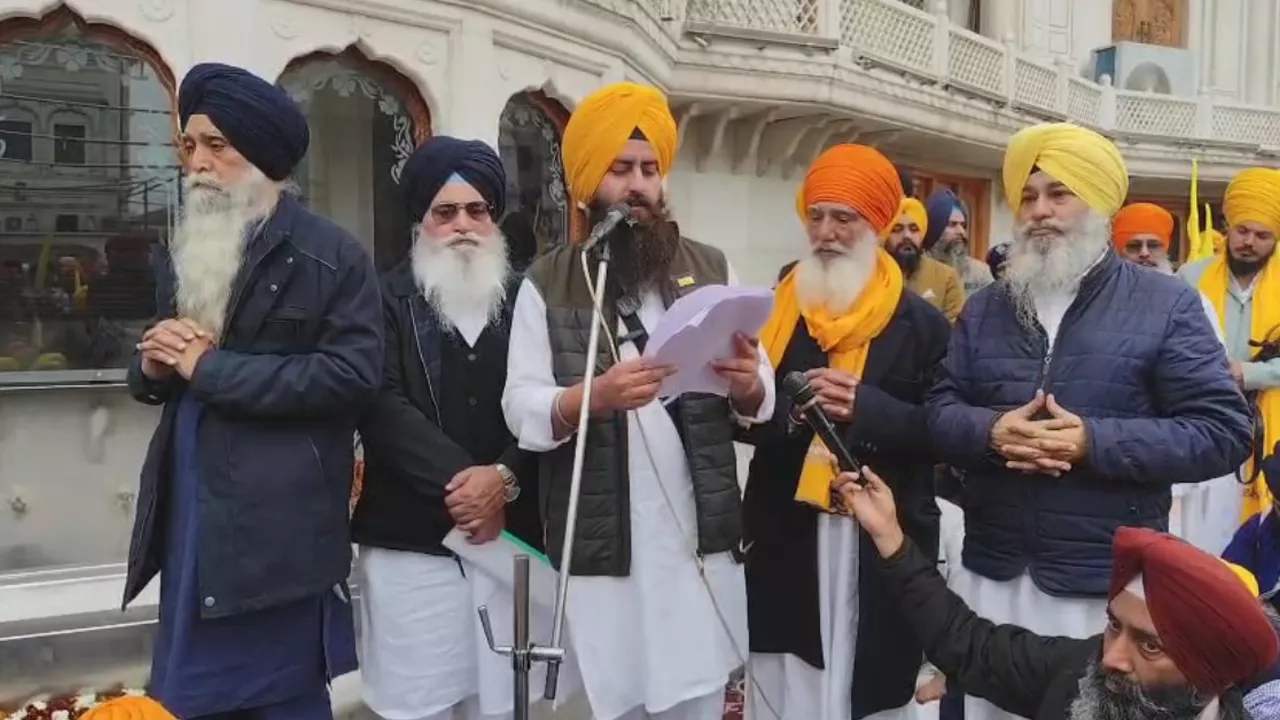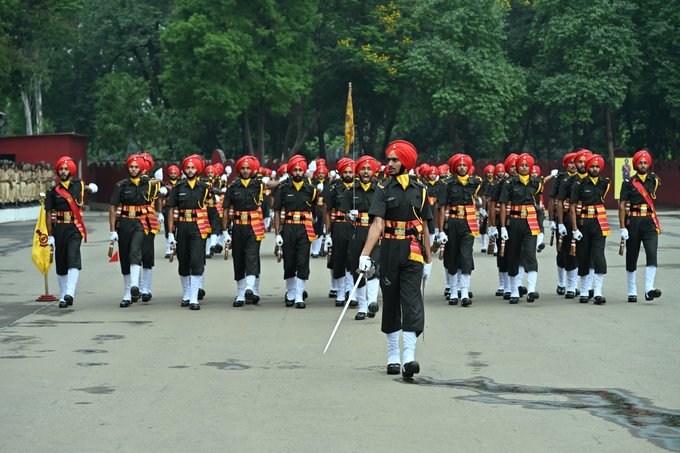Following India’s 23 Apr decision to keep the Indus Water Treaty (IWT) in abeyance, World Bank president Ajay Singh Banga said, ‘The Treaty is not suspended, it is technically called ‘abeyance’ is how the India government worded it. There is no provision in the Treaty to allow for suspension. It either needs to be gone or it needs to be replaced.’ He added, the Bank can only act as a facilitator and cannot force India to reverse its decision. On 26 Apr, Pakistan reported that India released about 22K cusecs into the river Jhelum at Chakothi without prior notice, causing a sudden rise in Muzaffarabad in Pakistan Occupied Kashmir (POK). POK Deputy Commissioner Mudassar Farooq described it as a manageable low-level flood. The Pakistan State Disaster Management Authority confirmed no advance warning was received. The Pakistan Indus River System Authority (IRSA) told a 5 May advisory committee that reduced river Chenab inflows at Marala headworks, attributed to short upstream supplies from India, threaten irrigation for early summer crops from until 10 Jun and could affect late summer crops through September, projecting a 7% to 21% seasonal shortage to be offset by reservoir releases. On 8 May India opened two spillway gates at the Baglihar hydro station in Ramban district and three at Salal dam in Reasi after rainfall raised reservoir levels. Indian authorities state that placing IWT under abeyance removes the requirement to inform Pakistan of interventions on western rivers and releases or curbs will be made according to domestic operational needs. Pakistani officials accuse India of weaponizing water and say uncoordinated releases or cuts endanger civilian supplies and violate transboundary norms. Farmers in Pakistan’s Panjab and Sindh warn that continued Chenab shortfalls could reduce yields of cotton, rice, and sugarcane. Pakistan’s IRSA plans ongoing monitoring and may seek further reservoir use to limit crop losses. Diplomatic relations remain tense, with Islamabad calling for treaty compliance and New Delhi maintaining that current measures are lawful while IWT is held in abeyance (earlier coverage).


Like what you're reading? Subscribe to our top stories.
Liv Forum provides a digest of analysis on major issues facing Indian (East) Panjab and Sikhs globally.
In accordance with our Privacy Policy, we will never share or sell the information of our subscribers.






